This story originally appeared in the August 2016 issue of Plastics Recycling Update.
Subscribe today for access to all print content.
This story originally appeared in the August 2016 issue of Plastics Recycling Update.
Subscribe today for access to all print content.
This story originally appeared in the November 2016 issue of Plastics Recycling Update.
Subscribe today for access to all print content.
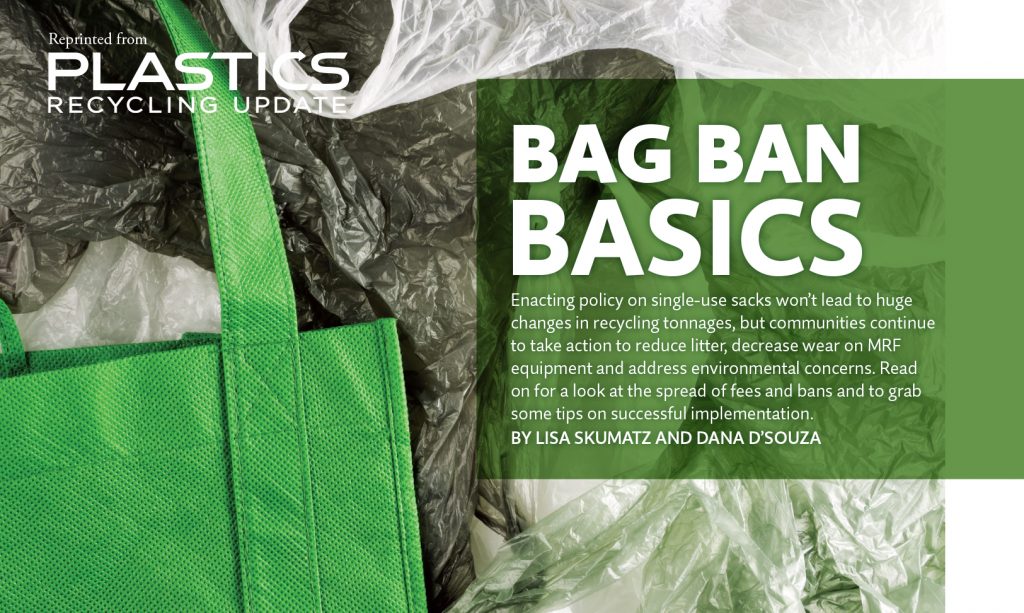
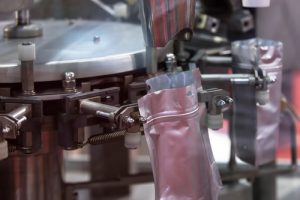
Credit: MOLPIX/Shutterstock
The Ellen MacArthur Foundation recently honored a team at the University of Pittsburgh and an R&D company called Aronax Technologies Spain for their work improving the mechanical recyclability of flexible packaging for food.
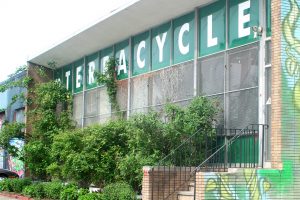
TerraCycle office in Trenton, N.J. Credit: TerraCycle
TerraCycle is a high-profile company that gets a lot of press, but because it’s a private business, much has been unknown about its operations and income. A new financial filing provides details on how it manages post-consumer plastics, including which major reclaimer it relies on and where it sells recovered resins.
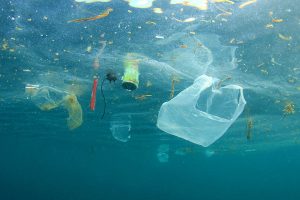
Credit: Rich Carey/Shutterstock
A Spanish plastics research institute has begun work on two recycling initiatives. One effort will target floating ocean plastics, and the other will recycle PE and EPS generated by businesses.
 Major brands fund a recycling outreach campaign to thousands of students, and prices increase for recovered PET and HDPE.
Major brands fund a recycling outreach campaign to thousands of students, and prices increase for recovered PET and HDPE.
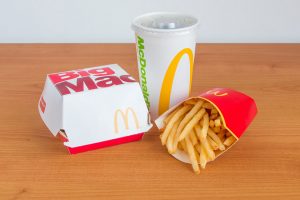 The world’s largest restaurant operator will increase access to recycling at its food establishments and make packaging changes to lessen environmental impacts.
The world’s largest restaurant operator will increase access to recycling at its food establishments and make packaging changes to lessen environmental impacts.
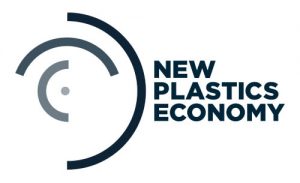 Top manufacturers, recycling stakeholders and environmental organizations want to ban oxo-degradable plastic packaging because they don’t believe it actually prevents pollution.
Top manufacturers, recycling stakeholders and environmental organizations want to ban oxo-degradable plastic packaging because they don’t believe it actually prevents pollution.
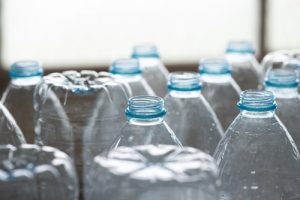 California lawmakers have revised the state’s definition of PET to exclude PETG, meaning products made from the glycol-modified plastic are barred from using resin code No. 1.
California lawmakers have revised the state’s definition of PET to exclude PETG, meaning products made from the glycol-modified plastic are barred from using resin code No. 1.
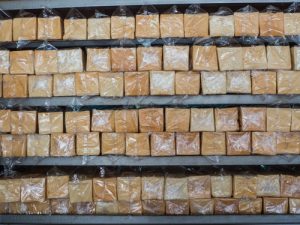 Great potential exists for increased film recovery in North America, where the residential film recovery rate sits at about 4 percent. Experts have identified key sectors that would be effective targets for coordinated investment.
Great potential exists for increased film recovery in North America, where the residential film recovery rate sits at about 4 percent. Experts have identified key sectors that would be effective targets for coordinated investment.

